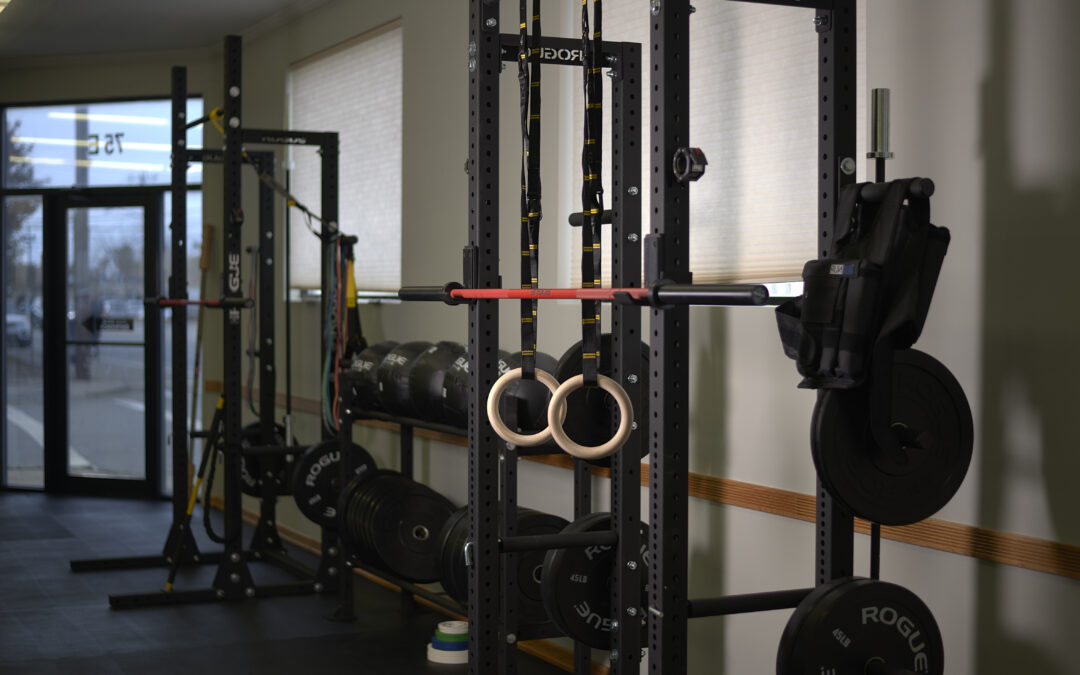Getting stronger is very simple. Do stuff that’s hard enough for a long enough period of time and you will build strength. We will see muscular changes, bone changes, connective tissue changes and central nervous system changes as you do hard enough stuff over time. Lifting heavy things to get stronger has been around for centuries. But in the last few decades we’ve seen a shift in perception where many people will blame heavy things for the reason they are hurt or injured (or how it will inevitably cause injury). This couldn’t be further from the truth. Strong things don’t break. Weak things vulnerable. It’s as simple as that. I still hear so much negative commentary around heavy lifting or heavy impact activities (running, jumping) that talk about how bad they can be for your joints. I’m here to help put an end to these ideas. They’re wrong for so many reasons. There is far greater evidence out there saying that a joint exposed to these high forces over time have BETTER cartilage preservation and joint health than those that do not. We must stop fearing the things like running, jumping, and lifting heavy. The negative discussion surrounding things that stress the body continues to permeate our culture. The worst culprits, in many ways, are health care providers! So many doctors, physical therapists, chiropractors, masseuses etc. perpetuate these lies without showing any evidence. And, naturally, if the “educated” are willing to spread nonsense, of course the general public is going to believe it. We all agree that the healthiest individuals are typically the ones that train the hardest and eat the best. The stress to our system is far more advantageous than it is disruptive.
It’s not uncommon to see weightlifters get injured. Bench pressers often complain of shoulder pain, squatters deal with a lot of hip and low back pain, deadlifters might experience some low back pain. And for some reason we’ve decided to assume that because these things happen, lifting weights is bad for us or makes us more injury prone. Weightlifting, contrary to popular belief, has one of the lower injury rates of all sports. And, maybe most importantly, the injuries we see in weightlifting are typically under our control (ie you did too many reps, too much weight, poor mechanics etc.). Very rarely so we see any acute trauma in recreational weightlifting that requires major surgery or intervention. There is far more likelihood that you will get injured from NOT lifting heavy than lifting heavy (as long as you train appropriately). Be smart, train hard, and understand that pain is a normal part of the process at times. But good training will significantly reduce the probability for and severity of injury. Don’t be scared of working hard. Be smart, be confident, and push your limits.
